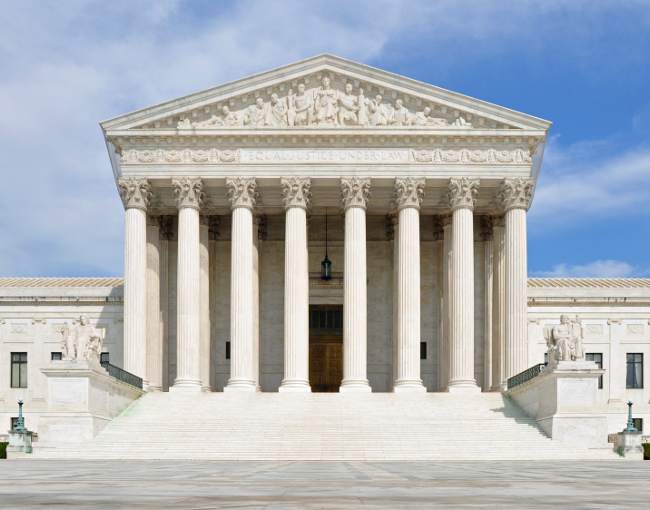
A number of states have proposed new privacy legislation this year, including Florida, Oklahoma and more. Virginia is now the second state in the U.S. to enact comprehensive privacy legislation. READ MORE
(By accessing, browsing or using the pages below, you agree to the Blog Conditions of Use/Disclaimer available under "Links.")

A number of states have proposed new privacy legislation this year, including Florida, Oklahoma and more. Virginia is now the second state in the U.S. to enact comprehensive privacy legislation. READ MORE

New York’s proposed Biometric Privacy Act would require entities that possess biometric information or identifiers to obtain specific consumer consent for collecting, capturing, purchasing or trading such information, and would be privately-actionable as well. READ MORE

In the new reality of transparent data collection, use, and security, companies may be forced to strike a careful balance between protecting their confidential and privileged information and complying with various laws requiring them to be transparent and to keep consumers informed. READ MORE

The California Privacy Rights Act of 2020 has officially qualified for this November’s ballot. If passed, some provisions of the law would take effect five days after the California Secretary of State files the statement of vote, but the CPRA would be effective January 1, 2023 with a July 1, 2023 enforcement date. READ MORE

In response to COVID-19, many companies have shifted their workforce to working remotely. This creates some entirely new security challenges. In the new remote work reality, company personnel may need to assume a more active role in securing data and information systems. READ MORE

The California Attorney General released a new set of proposed modifications to the California Consumer Privacy Act, following the Attorney General’s proposed regulations released on October 10, 2019. The new modifications include some welcome changes for businesses and clarifying language for a number of the law’s sections. READ MORE

The United States Supreme Court has remanded Frank v. Gaos back to the District Court after wrestling with the continuing challenges of “standing” in internet privacy litigation. The decision may have lasting implications for cybersecurity litigation brought under Article III. READ MORE

The Illinois Supreme Court has decided individuals need not allege injury other than a violation of their rights to bring suit under the Illinois Biometric Information Privacy Act, leaving the door open for future individual suits and class actions. READ MORE

A recent decision from the Supreme Court of Pennsylvania in Dittman v. UPMC may signal a significant change in fortunes for plaintiffs in data breach cases. Anyone storing or collecting data should be aware of the potential increase in security breach litigation in an employer/employee context. READ MORE
NOTICE.
Although we would like to hear from you, we cannot represent you until we know that
doing so will not create a conflict of interest. Also, we cannot treat unsolicited
information as confidential. Accordingly, please do not send us any information
about any matter that may involve you until you receive a written statement from
us that we represent you (an ‘engagement letter’).
By clicking the ‘ACCEPT’ button, you agree that we may review any information you transmit to us. You recognize that our review of your information, even if you submitted it in a good faith effort to retain us, and, further, even if you consider it confidential, does not preclude us from representing another client directly adverse to you, even in a matter where that information could and will be used against you. Please click the ‘ACCEPT’ button if you understand and accept the foregoing statement and wish to proceed.